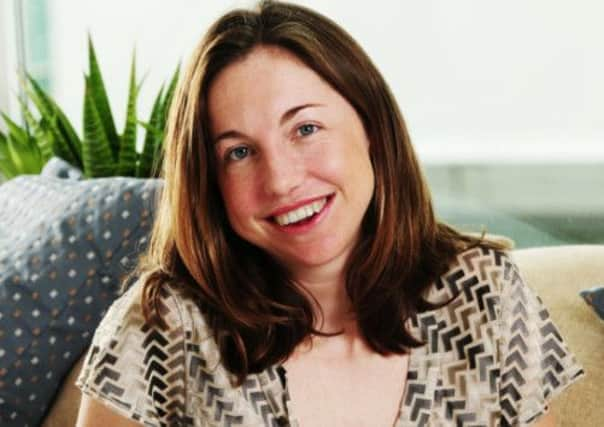Take happiness into account to make smarter spending pay off


Browse the self-help section of any bookshop and alongside guides promising to reveal the path to true love and the secret of a successful career, there are those which pledge to revitalise even the most lacklustre bank balance. While we’re constantly told that people are more important than pounds, as a society we’ve struggled to shake the feeling that money equals freedom and the more we have of it, the happier we will be.
However, according to psychologists Elizabeth Dunn and Michael Norton it’s not about how much we have, it’s how we spend it. In their new book, Happy Money: The Science of Smarter Spending, they claim that if we really want a life full of joy, we should change how we spend the money that we do have, instead of trying to make more of it.
Advertisement
Hide AdAdvertisement
Hide Ad“I’ve just bought a new skirt,” says Dunn, who has also created a series of online happiness tests. “I was in a really good mood after I bought it, but soon it will just be another thing in my wardrobe. Whereas memories of experiences often become rosier over time, even if they didn’t work out perfectly.
“It would seem that the ideal route to happiness would be to have all the things we like best, all the time, but it turns out that’s not true. That’s why if we want something to stay a treat, we should limit how often we have it – fans of the Cadburys Crème Egg or a Starbucks special Christmas coffee will already know the benefits of this restricted access.
“One of the other fascinating finding from our happiness research is that the big things in life, like getting married and having a good job matter – but not as much as people expect.”
The little things, however, matter a lot.
“If you hate certain small chores like hoovering or washing the car, paying someone else to do it can have a big impact on your happiness levels. Not only are you spared the chore that’s a hassle and creates dread – you can also spend your new-found free time doing something fun.”
Advertisement
Hide AdAdvertisement
Hide AdWhile backed with academic and scientific research, the book has enough practical examples and anecdotes to prevent it feeling like a lecture in household accounting.
One theme which emerges is the need embrace a “pay now, consume later” philosophy.
“Imagine you’ve bought a pair of shoes online,” says Dunn.
“When purchasing them, you experienced that dreaded feeling of spending money, but four days later when your new shoes arrive, you only experience the excitement of getting your new item.
“This is because you have separated the dread of spending from the joy of getting.
Advertisement
Hide AdAdvertisement
Hide Ad“A lot of the pleasure people get from holidays actually occurs before they leave. Because we can build up our positive expectations about it, we tend to enjoy it more when it happens.”
And if in doubt remember that old adage that it is far better to give than to receive.
“People often think they’d be happier spending more money on themselves, but spending on others is much better,” says Dunn. “However, it’s not quite as simple as giving your friend a fiver though. Giving money away doesn’t automatically make you happier, how you do it is what counts. Spending on others in a way that enables you to spend time with that person brings more pleasure.”
To take the online happiness and spending tests, visit www.dunn.psych.ubc.ca and follow the links